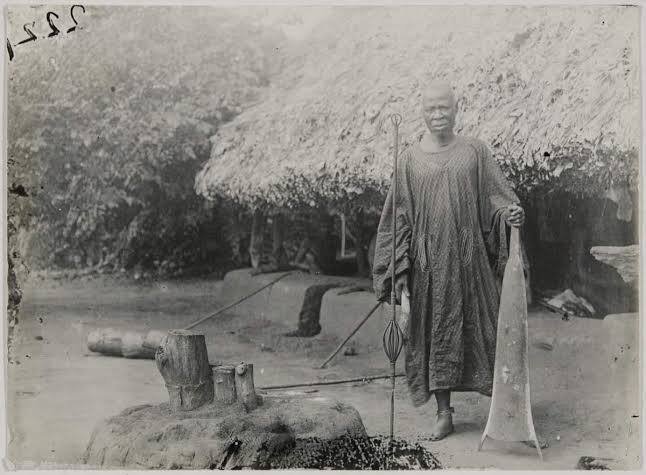The monarchical system of government has played a significant role in Igbo land, shaping the political, social, and cultural landscape of the region.
The monarchical system of government in Igbo land has ancient roots, dating back to pre-colonial times. Each Igbo community had its own monarch, known as the “Obi” or “Eze,” who served as the traditional ruler and custodian of the people’s customs and traditions. These monarchs held significant authority and were responsible for maintaining order, resolving disputes, and representing their communities.

The monarchical system in Igbo land is typically based on a hierarchical structure. At the top is the paramount ruler, who oversees multiple communities or kingdoms. Below the paramount ruler are subordinate rulers, who govern specific communities or villages. The monarchs are supported by a council of elders, who provide guidance and assist in decision-making processes.
The monarchical system has had profound impacts on Igbo society. Firstly, it has served as a unifying force, bringing communities together under a shared leadership.
The monarchs have played a crucial role in preserving Igbo culture, customs, and traditions, ensuring their continuity across generations. Additionally, the monarchical system has provided a platform for conflict resolution, maintaining social harmony within communities.
In modern times, the monarchical system faces certain challenges. The impact of colonialism and Western influences has led to shifts in power dynamics and the erosion of traditional authority.
Additionally, the increasing influence of democratic governance has posed challenges to the traditional monarchical system. However, many Igbo communities have found ways to adapt to these changes, integrating democratic principles while preserving their cultural heritage.
The monarchical system of government in Igbo land has played a vital role in shaping the region’s political, social, and cultural fabric. It has provided stability, preserved traditions, and fostered a sense of community among the Igbo people. While facing challenges in modern times, the monarchical system has shown resilience and adaptability.

As Igbo communities navigate the complexities of the modern world, they continue to find ways to honor their traditions while embracing progress and democratic ideals.
In conclusion, the monarchical system of government has left a lasting impact on Igbo land. Through its historical roots, hierarchical structure, and role in preserving culture, it has served as a unifying force and a platform for conflict resolution.
While facing challenges in the face of modernization, many Igbo communities have found ways to adapt and integrate democratic principles. The monarchical system remains an integral part of Igbo society, representing a rich heritage and a testament to the resilience of the people.




